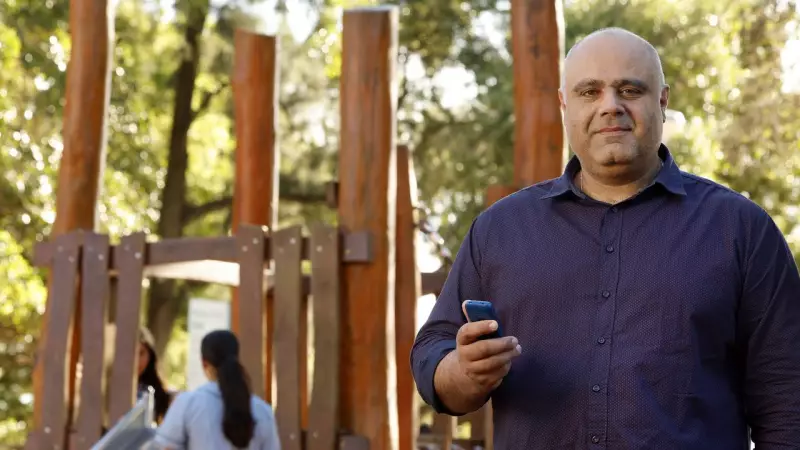
A Sydney father has implemented a strict no-smartphone policy for his five children, insisting they won't receive the devices until they turn 18 and complete their high school education.
The Family Digital Policy
Dany Elachi from Bexley is determined to protect his children's childhood from what he describes as the disruptive influence of smartphones. His children, ranging in age from eight to sixteen, will only have access to basic 'dumb' phones capable of calling and texting until they reach adulthood.
"Our eldest daughter is 16, I think introducing a smartphone now on the cusp of her HSC would be too risky," explains Elachi, who founded the Heads Up Alliance. This Australia-wide community brings together families committed to delaying social media and smartphone access for their children.
Elachi believes his daughter can manage the next couple of years without a smartphone and then "knock herself out when she's finished school." This approach applies to all five of his children, who now understand the household rules and no longer question them.
Learning From Experience
The family's strict stance comes from firsthand experience with their eldest daughter, Aalia, who recently turned sixteen. When she was ten, her parents reluctantly gave in to her requests for a smartphone, using a hand-me-down device from them.
"We quickly saw that it was a real time sucker, a life blocker... it was basically the end of childhood," Elachi recalls. He compares smartphones to "a poker machine in your pocket" that children have no defences against.
The device consumed hours of Aalia's day, interfering with music, sport, art, playing, and other childhood activities. The family quickly swapped the smartphone for a basic model, and almost immediately, their daughter "came out from her bedroom" and reconnected with family and interests, including reading.
Nearly six years later, Aalia "still doesn't have a smartphone, she still doesn't have social media and her whole world didn't fall apart." She maintains friendships, plays sports, and found alternative ways to stay socially connected.
Building a Supportive Community
When the Elachi family decided to delay social media access, Dany reached out to fellow school parents for support. This initial group evolved into the national parent advocacy organization Heads Up Alliance, which Elachi now runs.
"It all happened by accident," he explains. "It was a school community that we called a local alliance so we could all hold out together and reduce our children's feelings of missing out or being the only one in the world who didn't have a phone."
The community approach showed children they weren't alone in their smartphone-free status and gave parents "a little bit of muscle to say 'we can do this, we're not going to give in just because everyone else has one.'"
Influencing National Policy
The Heads Up Alliance has grown into a powerful lobby group that led the push to ban phones in public schools across Australia. The organization also played a key role in advocating for the federal government's social media ban, which becomes law on December 10, 2025.
The new legislation will prohibit children under sixteen from accessing social media platforms including Facebook, Snapchat, X (Twitter), and TikTok. The Elachi family plans to extend this protection until their children turn eighteen.
Elachi emphasizes that delaying social media represents the "positive message we want to share" with other families. "You have a chance of holding out a few extra years to give children a few extra years of childhood that we think are so critical," he concludes.





